In many biographies and historical books, we find that Henry VIII married Anne Boleyn on 25th January, 1533, after long years of fierce struggle against Catherine of Aragon, the pope, England, and the whole world. Anne’s romance with Henry truly became an outrageous scandal throughout Christendom!
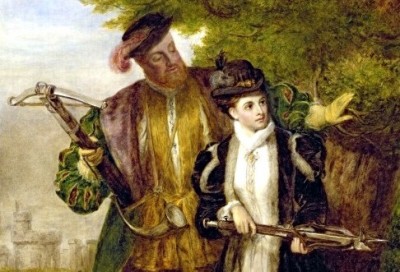
The traditional version of events is that Anne and Henry first became intimate in October or November 1532, during their official visit to Calais, or straight after their return to England. As they had already expelled Catherine from the court, consummated their relationship, had the backing of the English clergy, and thought that they had the support and approval of the French king, Henry and Anne could finally unite their lives in holy matrimony.
And so the traditionally given date of Henry’s marriage to Anne is 25th January 1533, when she probably suspected she might have been with child. According to Nicholas Harpsfield, an English historian and a Roman Catholic apologist, Sir Henry Norris and Thomas Heneage, of the King’s Privy Chamber, attended the wedding ceremony; Harpsfield also identified Anne Berkeley (née Savage), Baroness Berkeley, as one of Anne’s ladies in attendance.
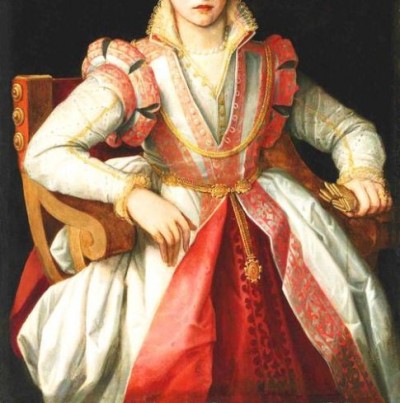
Thomas Cranmer claimed that Henry and Anne got married on St Paul’s Day in a secret ceremony performed by Rowland Lee, Henry VIII’s chaplain and later bishop of Coventry and Lichfield. In Cranmer’s letter to Archdeacon Hawkyns, dated June 1533 and mostly devoted to Anne’s magnificent coronation, we find:
“But now, sir, you may not imagine that this coronation was before her marriage; for she was married much about St Paul’s Day last, as the condition thereof doth well appear, by reason she is now somewhat big with child.”
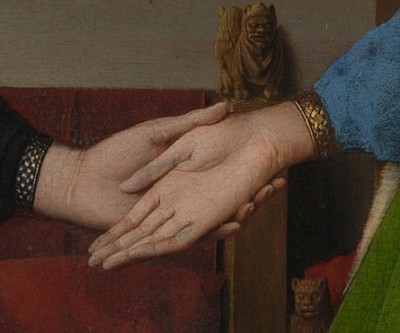
The Imperial ambassador Eustace Chapuys reported the wedding approximately one month later, but he mistakenly identified Cranmer as the one who married the couple. However, Cranmer was elected Archbishop of Canterbury on 30th March 1533, and he wasn’t the one who conducted the marriage service.
Chapuys wrote about Anne and Henry’s marriage by Cranmer:
“My informer, who was going straight to the Queen to acquaint her with the fact, assures me that the archbishop [of Canterbury] has actually pledged his most solemn word to adhere entirely to the King’s opinion in this matter of the divorce, so much so that he has actually married the King to the Lady [Anne] in the presence only of her father, mother, brother, and two intimate female friends of the Lady herself, besides a priest of the diocese of Canterbury. If so, the King could not do better to secure the archbishop’s co-operation and prevent his changing opinion hereafter, when once constituted into the archiepiscopal dignity, as that of York and another bishop [Campeggio] did a few years ago. Indeed, there is every reason to presume that either the said archbishop elect of Canterbury has actually married the parties or promised to marry them for certain considerations…”
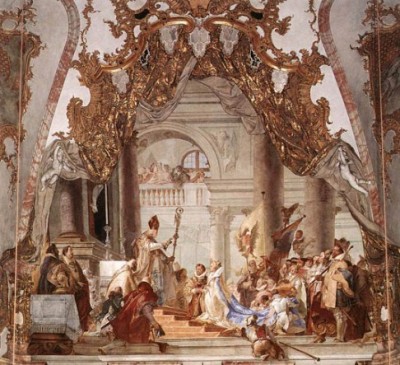
But did Henry really marry Anne on 25th January, 1533? Or maybe it happened several months earlier?
The other version of events is that Henry VIII and Anne Boleyn married very soon after their return to Dover from Calais.
Edward Hall, the Tudor chronicler, claimed that the king’s second marriage took place in secret on Thursday 14th November 1532, on St Erkenwald’s Day. Eric Ives claimed that the couple returned from France on St Erkenwald’s Day, and I think that it is possible they got married immediately in Dover.
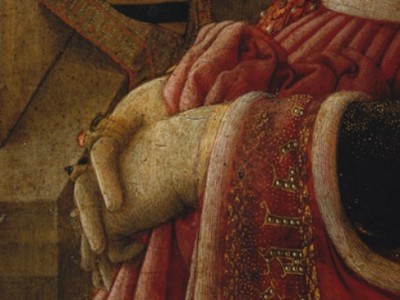
Edward Hall wrote:
“The kyng, after his returne [from Calais] maried priuily[privily] the lady Anne Bulleyn on sainet Erkenwaldes daie, whiche mariage was kept so secrete, that very fewe knewe it, til she was greate with child, at Easter after.”
Nicholas Sanders, an English Catholic priest and polemicist and author of “The Rise of the English Schism”, backed up Edward Hall’s statement about the date of the royal wedding:
“The king, now impatient of further delay, though everything had not yet been duly prepared, determined to marry Anne Boleyn secretly on the 14th of the following November. He must marry her, for in no other way could he accomplish his will; and the marriage must be secret, because he and Catherine had not been separated by any judicial decision.”
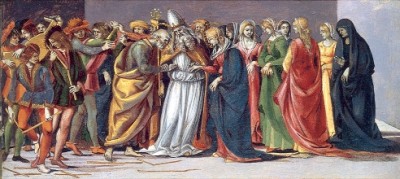
Henry’s matrimonial quests were driven by his obsessive desire to have a male heir. His sexual activities with Anne might have resulted in her pregnancy even after their first time, and he wouldn’t have risked having his long-awaited son tainted with a stigma of illegitimacy.
Anne and Henry would have done anything to ensure that their child would be born in wedlock! Although I feel that the final decision on cohabitation would have been ultimately Henry’s, I can hardly believe that Anne wouldn’t have given Henry her maidenhead if she wasn’t sure that he would marry her shortly thereafter.
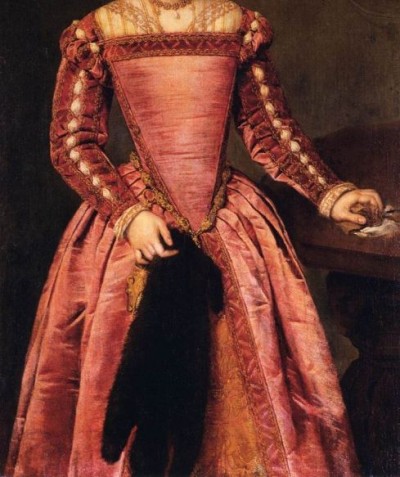
Henry was a man of fickle passions which took their origins from his body and his huge ego, but he wasn’t adrift in a purposeless universe. Instead, the king waited for years to rid himself of his first wife, and he walked on eggshells, moving towards his purpose to marry Anne and have a son with her.
I don’t think that Henry would have taken Anne to bed without marrying her before or immediately after their first intimate encounter. Sleeping with Anne in October 1533 and marrying her only in January 1533 would have been too risky and quite injudicious, but Henry lived life to its fullest and never resorted to half-measures in pursuit of his goals.
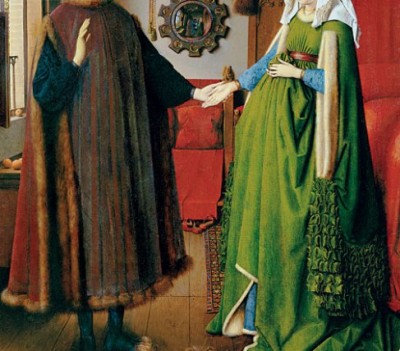
It is remarkable that Catherine married Arthur Tudor on 14th November, 1501, which might also be the date of Anne’s marriage to Henry. Could Henry purposefully choose St Erkenwald’s Day to marry Anne?
I suspect that it was exactly the case: Henry chose this very special date for his marriage to Anne Boleyn – his first marriage valid in the eyes of God, as he thought at that time – because it had a significant symbolic meaning personally for him, even though the ceremony was conducted in secret.
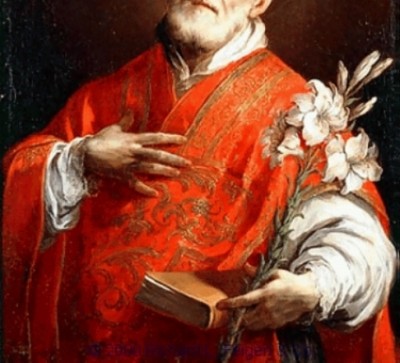
Even if Anne and Henry weren’t married by a priest on 14th November, 1532, something else of a more informal nature might have happened.
In Canon Law, a relationship was equivalent to marriage and was legally binding if a couple had made promises to one other, even without the witnesses, before proceeding to a full intercourse. However, I think that Henry would have married Anne before taking her virtue, and so the exchange of promises or secret betrothal seems to me less probable than a real marriage.





